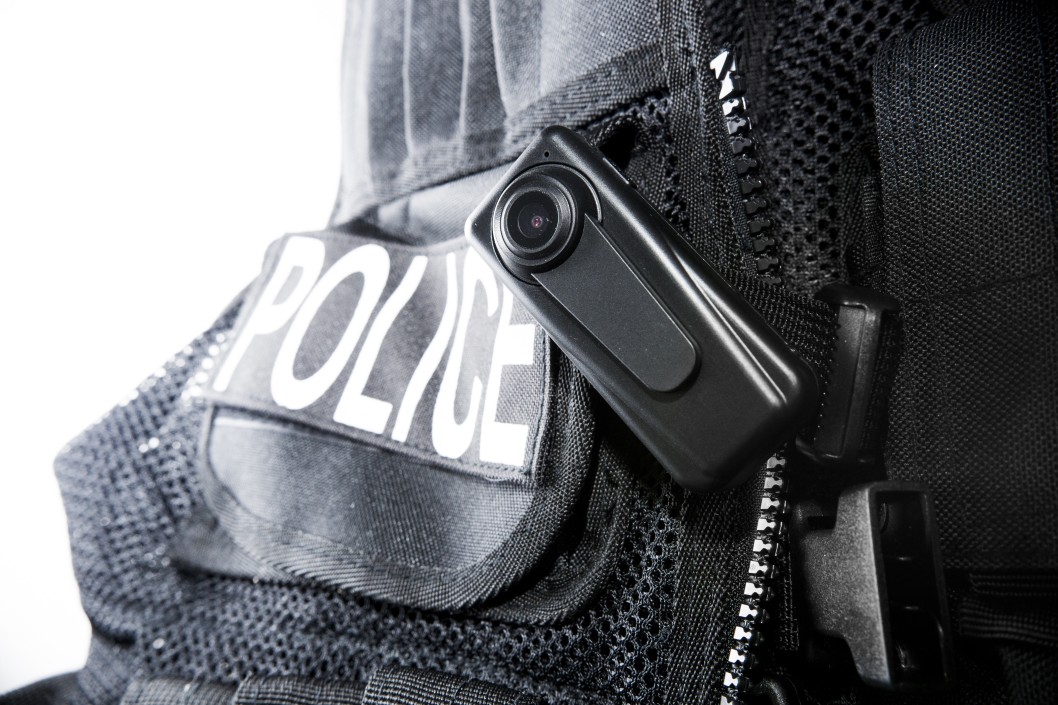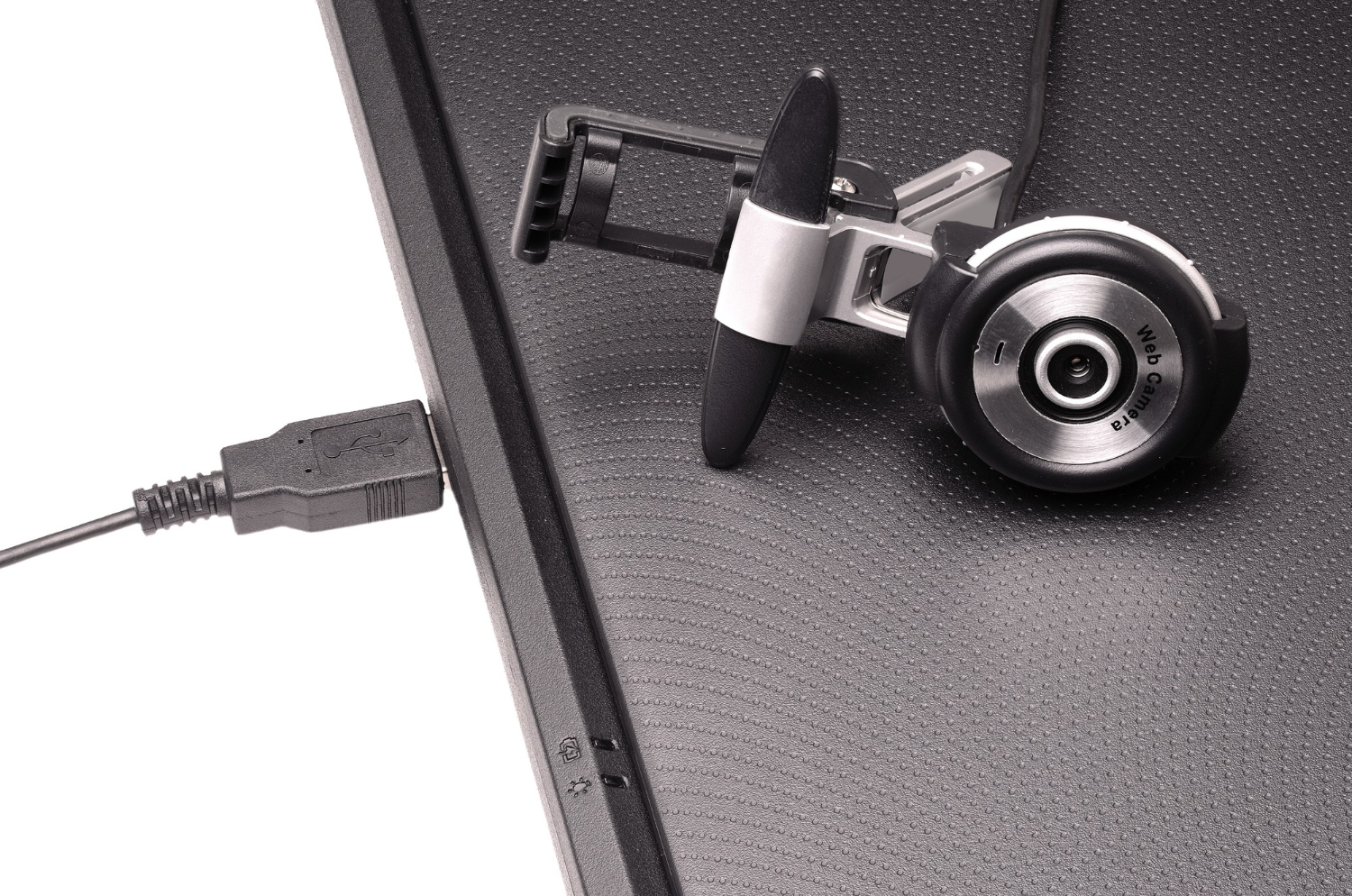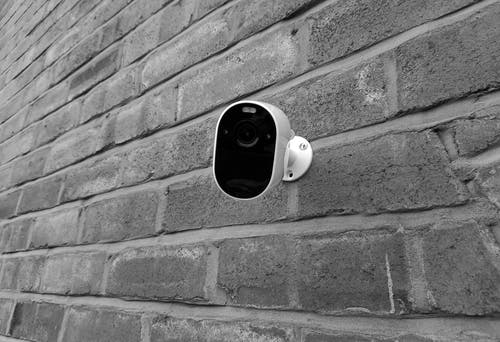How Well Do Body Cams Assist Police In Daily Duty Tasks?
The body cams are the devices that are essential for the police along with their uniforms to document their observations as they perform their duties. The hidden cameras fixed in these body cams are best to notify and increase accountability, trust, and transparency. Such body cameras are under special observation by state lawmakers and policymakers as they consider and enact legislation to address police-municipal relations. So, their necessity is increasing day by day as technological advancement is taking place along with police-community rights.

What kind of body cameras does police use?
Most police departments use some type of body camera that is mounted on the officer's chest. These cameras can be switched on and off by the officers, and typically record both audio and video. Some departments are also using smaller, wearable cameras that attach to an officer's head or eyeglasses.
Do all police officers have to wear a body camera?
No. Some departments have chosen to equip only a select number of officers with body cameras, while others have put them on all officers.
Do the cameras always stay on?
No. Officers are able to turn the cameras off as needed, such as during private conversations or when they need to use the restroom.
Do the cameras capture everything an officer sees and hears?
Typically, body cameras capture both audio and video of what an officer sees and hears. However, there may be some situations where the camera is not able to capture all of the information (for example, if the officer is in a dark room).
Are police body cameras a good idea?

There are pros and cons to using police body cameras. Some people feel that the cameras will help keep both officers and civilians accountable, while others worry about invasion of privacy. There is also some concern that the cameras may not be reliable, or that the data collected could be mishandled. However, most people agree that it is important to test
What is the purpose of police body cameras?
The purpose of police body cameras is to record interactions between officers and the public and to help keep both sides accountable for their actions. There is also an interest in seeing how effective body cameras are at reducing complaints against police.
Do all states allow police to wear body cameras?
Not all states allow police to wear body cameras. Currently, only a few states require police officers to wear body cameras. Many states are in the process of considering legislation that would allow or require officers to wear body cameras.
Does the use of police body cameras raise any privacy concerns?
Yes, there are some privacy concerns related to the use of police body cameras. For example, people may not want their conversations with police to be recorded, or they may not want their every movement captured on video. There are also concerns that the data collected by the cameras could be mishandled or used for inappropriate purposes.
Can a citizen wear a body cam?
Yes. While body cameras are often associated with police, they can also be used by private citizens. In some cases, private citizens may be able to get access to footage from police body cameras.
What states require body cameras?
Currently, only a few states require police officers to wear body cameras. However, more states are considering requiring the use of body cameras in their police departments.
Are all officer-worn body cameras the same?
No. Different types of cameras have different features and abilities. For example, some cameras can be turned on manually by an officer or automatically when an officer's emergency lights are turned on. Others can be attached to a dashboard and may offer higher quality footage than some other types of body cameras.
Do the police need a warrant to use body cameras?
Some states have laws that allow officers to record citizens without a warrant, while others require them to obtain permission from the individuals being recorded.
How effective are police body cameras?

There is some evidence that body cameras are effective at reducing complaints against police. While they have not been in use for very long, early studies suggest that the number of complaints filed by civilians typically drops when officers are wearing body cameras.
Does the police department need special equipment to handle body camera data?
Yes. Depending on how technologically advanced an agency's body cameras are, they may need extra servers and IT staff to handle all of the data footage recorded by their officers.
Here are a few questions, commonly asked about body cameras which are as follows:
What are the Benefits of Police Wearing Body Cameras?
Wearing body cameras provides a great number of opportunities and benefits to the law enforcement agencies that were recently inaccessible by them. These cameras have played an important role in increasing public confidence in local and national policing as well as has reduced the number of complaints and allegations filed against the police officers. The reduction in anti-social behavior has also occurred due to these cameras. They are best to record BWV in areas where CCTV cameras are not installed or working. These cameras have helped to reduce the time spent by officers on paperwork. As well, the number of attacks on them has also decreased because of wearing such cameras. Not only this, the police community themselves has experienced positive outcomes by wearing these cameras. It gives them help in evidence gathering as well. So, around 80% of the community considers it must to as part of the uniform.
What is the Best Body Camera for Police?
There are many kinds of body cameras for police but according to the necessity of the time, body cameras typically need to be light in weight and include Wi-Fi with the ability to transfer images wirelessly or through the removable media card and the connection to the PC via USB.
The best body cameras for police among many are the Boblov 1296P Wi-Fi Body Mounted Camera with a weight of 413grams along with Wi-Fi and infrared. This camera has a built-in memory of 32 GB with a 21 MP image resolution as well. The Ehomful Mini 1080P Body Camera is also a good small and unobtrusive spy camera with a weight of 55grams. It does not contain built-in Wi-Fi, but it has 3 hours of operating time. The Boblov 1080P Full HD Body Mounted Camera is also of a good option with a video resolution of 1080P. Its weight is 25g which is small and lightweight for convenient and unobtrusive deployment. The Orca Pro - SuperHD Video Recording Water Resistant Sport Camera Sunglasses are also one of the best ones with the 64/128GB Built-In Memory. It is a Splash-proof, water-resistant camera with a noise-canceling mic in it.
How do Police Body Cameras Increase Safety?

They are best to increase transparency. They improve law enforcement legitimacy where in many communities, there is a lack of trust in law enforcement. These body cameras increase safety by helping citizens to obey officers' commands during encounters and fewer protests lodged against law enforcement. And is also best to advance the police staff by providing them training safely. The Law enforcement trainers and executives used to assess officer activities and behavior captured by body-worn cameras and then give them the required training to become the best ones.
What Body Cam do Police Use?
The police can use the body cam in the form of body-worn video (BWV), body-worn camera (BWC), body camera, or wearable camera. In it, wearable audio, video, or photographic recording systems are used to tape such events in which law enforcement officers are involved. Such body cameras are often similar to other body-worn equipment but are designed to address specific requirements related to law enforcement.
How Much Does a Police Body Cam Cost?
The cost of body cams ranges from $79 to $349 and more based on the features added to them. The cost of these changes is based on their battery capacity resolution powers and much more.
Are there any cons of body-worn cameras for police?
There are some drawbacks to using body cameras for police. One concern is that the cameras may not be reliable, or that the data collected could be mishandled. There is also an interest in seeing how effective body cameras are at reducing complaints against police. However, most people agree that it is important to test the effectiveness of these cameras before coming to a conclusion about their value.
Conclusion
The body cam has become a necessity of police-community for the careful working and meeting their responsibilities. They empower you to meet crucial visions whenever you need them. Even all law enforcement agencies should utilize body cameras to meet favorable and unfavorable situations. It is also the best way to protect their officers and keep the trust of the community.
The use of body-worn cameras by law enforcement officers has increased significantly in recent years. The primary reason for this increase is the belief by many that such cameras will help to improve officer safety and legitimacy. There is a large amount of research that has





